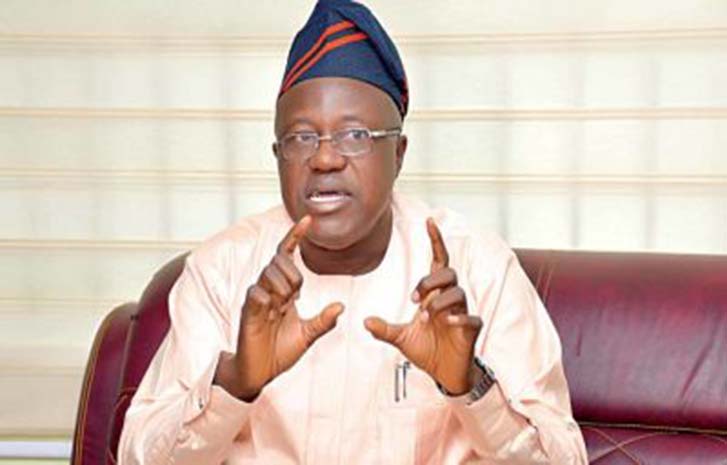The Oyo State Government has directed 202 teachers who were not absorbed into the Post-Primary Schools Teaching Service Commission (TESCOM) to return to their original positions within the Local Government Universal Basic Education Authorities (LGUBEAs). This directive comes after the state government’s integration of approximately 2,000 primary school teachers into TESCOM in October 2022, a move initiated by the previous administration. These 202 teachers, despite not being integrated into TESCOM, have continued to receive salaries from the current administration but have failed to report back to their LGUBEAs or the Oyo State Universal Basic Education Board (OYOSUBEB).
Nureni Adeniran, the Chairman of OYOSUBEB, issued the directive during a meeting with Education Secretaries representing the 33 LGUBEAs in Ibadan, the state capital. He emphasized the urgency of the situation, warning that the non-compliant teachers risk having their salaries withheld. Adeniran explained that some of these teachers did not meet the necessary requirements for the transfer to TESCOM, while others were affected by a lack of vacancies within the commission. Their continued absence from their designated LGUBEAs effectively renders their appointments irregular. He stressed that Governor Seyi Makinde had explicitly instructed the non-absorbed teachers to return to OYOSUBEB in 2022, and disregarding this directive constitutes gross misconduct.
The Chairman’s directive mandates the immediate compilation of a comprehensive list of the affected teachers, including their names and corresponding LGUBEAs. This data collection will facilitate the process of ensuring their return to their designated posts and regularizing their employment status. Furthermore, Adeniran expressed concern over the discrepancy between the salaries being paid and the actual number of teachers on the Board’s voucher. This discrepancy arises from the teachers’ refusal to report to their assigned classrooms, creating an administrative and financial imbalance.
Adeniran highlighted the irregularity of the current situation, emphasizing that the continued payment of salaries to teachers not actively engaged in classroom duties constitutes a misuse of public funds. He reiterated that these teachers are effectively “floating” within the system, neither fulfilling their responsibilities within TESCOM nor contributing to the educational activities within their respective LGUBEAs. This ambiguity in their employment status creates an administrative challenge and necessitates a prompt resolution.
Beyond the issue of the unintegrated teachers, Adeniran also addressed the launch of the School-Based Management Committee-School Improvement Programme (SBMC-SIP). This initiative, developed in collaboration with the Universal Basic Education Commission (UBEC), aims to empower local communities to actively participate in and take ownership of their schools. The programme channels funds directly to SBMCs, enabling them to upgrade infrastructure, acquire essential learning materials and equipment, and enhance the overall learning environment.
The SBMC-SIP represents a strategic approach to enhancing the quality of basic education across Nigeria. By empowering local communities to manage their schools, the programme aims to address the specific needs of each school and ensure a more equitable distribution of resources. The programme’s objectives align with the broader goals of increasing access to quality education and reducing disparities in educational provision across the country. Adeniran urged the Education Secretaries to closely monitor the ongoing SBMC-SIP projects within their respective LGUBEAs, ensuring effective implementation and maximizing the programme’s impact on the local education landscape.


